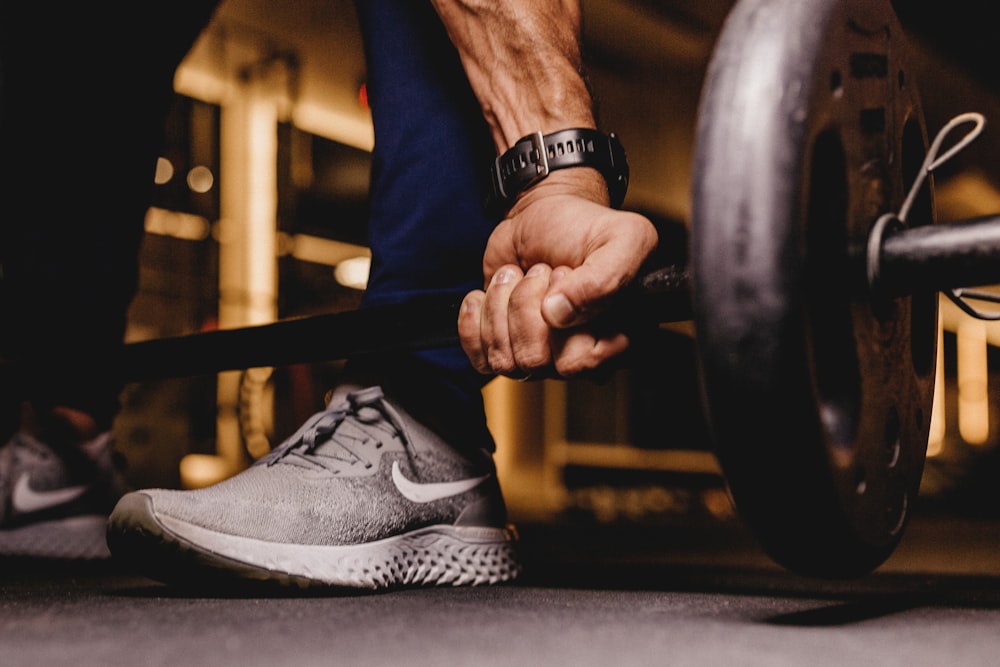Facts About Bodybuilding And Sports Supplements
Athletes and strength trainers alike are fans of bodybuilding and sports supplements.
When combined with a healthy diet, specific vitamins can help you gain muscle, boost strength, and reduce recuperation time.
Bodybuilding Supplement Definition

Any nutritional sports supplements that may assist in developing muscle mass, boost strength, or minimize recovery time is referred to as a bodybuilding supplement. The following are some of the most popular scientifically validated bodybuilding supplements:
- Protein. Muscle tissue is made up of protein molecules. It’s tough to develop or repair healthy muscles without enough protein. It’s possible that people can obtain enough protein through their diet. On the other hand, some people may prefer to take protein supplements.
- Creatine. L-arginine, glycine, and L-methionine are the three amino acids that make up creatine, a nitrogenous organic acid. It aids in providing energy to all cells in the body, particularly muscle cells.
- Caffeine. It is a stimulant that boosts both physical and mental vigor. It also relieves pain and weariness for a short time.
Effectiveness Of Bodybuilding Supplement
The effectiveness of the bodybuilding sports supplements is the varied basis on diverse factors. These factors also include multiple components, personal demands, and degree of exercise. Supplements will only work to their full potential if good workouts and a nutritious diet are combined.
Proteins and creatine, for example, are common constituents in bodybuilding supplements. These components have been shown to aid in developing muscle mass and the regeneration of injured muscle tissue.
Risks And Side Effects Of Bodybuilding Supplement
Most bodybuilding supplement chemicals are well tolerated and unlikely to create adverse effects. People should, however, adhere to the manufacturer’s directions and not exceed the recommended dose.
Some sports supplements include substances to which some people may have an adverse reaction. Some supplements, for example, may consist of caffeine; therefore, those who are caffeine sensitive should avoid them. Take a look at emule-anleitung.de if you want authentic and legal supplements for fitness and weight loss.
Before using any supplements, it is recommended that you consult with a specialist. At samedaysupplements, you can chat with nutrition experts that will help you determine the best supplement according to your body type and workout goals. Additionally, their blog offers product reviews, workout tips, and more. Furthermore, you should stop taking supplements if you start to experience adverse side effects.
4 Different Types Of Sports Supplements
Sports drinks, creatine, protein powder supplements, and performance enhancers are examples of sports supplements. This is vital to remember that FDA doesn’t regulate the supplements before hitting the shelves.
Sports supplements are a range of beverages, powders, and tablets meant to increase athletic performance or cover nutritional shortages in those who regularly participate in sports or workouts.
1. Sports Drinks
Sports drinks (electrolyte replacement beverages) are designed to keep you hydrated by replenishing salt and potassium lost via sweating. They also maintain blood glucose (sugar) levels, allowing you to maximize your energy throughout endurance or high-intensity activity.
You are more inclined to drink them and avoid dehydration since they taste pleasant. Sports drinks can also help you avoid cramping. You should drink sports drinks when you exercise if you have postural orthostatic tachycardia syndrome (POTS).
Sports drinks, on the other hand, are not for everyone. If you’re a more casual/recreational athlete, the beverages may provide you with unnecessary calories and salt. They’re also bad for folks with diabetes or heart failure because of this. There are calorie-reduced and calorie-free options, although both include salt.
2. Protein Supplements
Powdered-based protein sports supplements are a quick and easy way to get protein. Many varieties are simple to digest and absorb quickly by the body. These supplements, however, might be costly. They are also not FDA-approved for safety and effectiveness, as are other supplements.
3. Creatine
Creatine can help you gain muscle mass and quickness. This vitamin is not cheap. It can also make you sweat more and cause bloating, diarrhea, and low blood pressure. Creatine supplements, like other supplements, are not FDA-approved for safety and efficacy.
4. Performance-Enhancing Supplements
Banned compounds are commonly found in performance-enhancing sports supplements such as pre-workout powders and beverages, energy boosters, and metabolism boosters. They might cause gastrointestinal issues, as well as anxiety and anxiousness. They also don’t have any established advantages.
4 Things To Consider Before Taking A Supplement

Before using any form of sports supplements, vitamins, or prescription, you should see your doctor. Before you take a supplement, think about the following:
- Taking supplements will not compensate for a poor diet. Because no diet is ideal all year, there may be occasions when taking a supplement is beneficial, such as during specific training, illness, or if you have a medical problem (pregnancy, anemia, etc.).
- Many supplements have considerable research to back them up, but an even larger amount has insufficient evidence to justify their usage. Your doctor or a dietician can assist you in determining which supplements are most beneficial to you.
- Supplements, unlike medications, are not meant to treat, diagnose, prevent, or cure illnesses.
- The Food and Drug Administration (FDA) in the United States does not have the authority to inspect supplements for safety and efficacy before they are put on the market. Buy only items that have been verified as safe by a third-party organization such as the National Safety Foundation or Informed Choice. These organizations follow stringent certification requirements to avoid manipulation, verify label claims against contents, and ensure that they do not include illegal compounds.
Athletes and strength trainers can use bodybuilding and sports supplements to give their bodies the nutrients they need to grow and retain muscle and recover quickly after training. You can visit thBlack.com, where you can find the best bodybuilding and sports supplements for muscle growth.
Conclusion:
While many marketing teams may exaggerate the benefits of their products, there are a few key elements to look for that might help the body gain bulk and recover faster. However, no sports supplements can replace the fundamentals, such as eating a well-balanced diet and maintaining a healthy lifestyle.
Read Also:
- Meal Replacement Drinks: The Healthiest Sip Ever
- Everything You Need to Know About the Benefits of Mango





